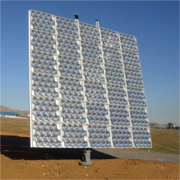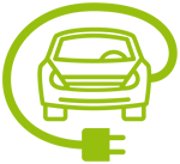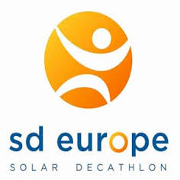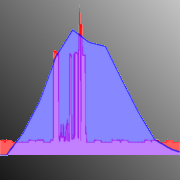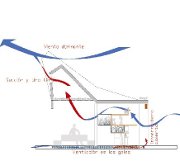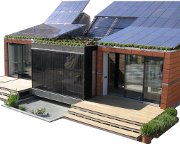
Iberdrola 2016
This project continues the Iberdrola 2015 project, increasing the study to the A,B and D building of the Escuela Técnica Superior de Ingenieros de Telecomunicación (ETSIT), and the electric vehicle. This project seeks to analyze the electric consumtion curve smoothing of different buildings (and consumption profiles), according to Demand-Side Management techniques in Smart Grids. The effect of three main factors of the three buildings to improve the aggregated consumtion will be analyzed: Demand-Side Management, Photovoltaic Self-Consumption and Electric Vehicle.
Complete Title Smart Grids for the electric network efficiency: implementation at ETSIT-UPM. Convocatoria de Ayudas a la Investigación en Energía y Medio Ambiente 2016. Fundación Iberdrola de España. (2016-2017)
Related research lines:



